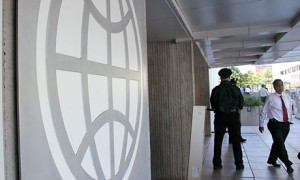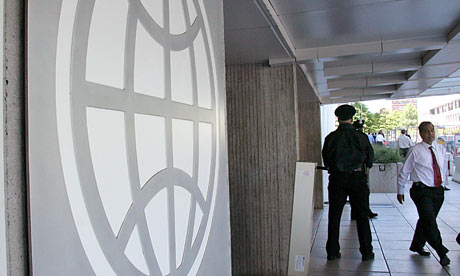
(AFP Photo)
Egypt’s economic growth is predicted to slow down as a result of the state’s budget deficit, inflation, unemployment and high debt figures, the World Bank stated in its latest quarterly report on 27 August.
The country’s economic growth registered 2% in the 2012/2013 fiscal year, which marks the second year in a row of recession, the global organisation reported. It attributed the slow economic growth to the country’s political upheaval and poor industrial production.
According to recent figures published by the state’s Central Agency for Public Mobilisation and Statistics, inflation ascended to 10.28% in July compared to 9.75% in June. Inflation was at its highest in two years in May when it recorded 8.2% compared to July’s 2011 10.4%. Unemployment, on the other hand, reached 12.7%, the statistical agency reported.
The World Bank has assessed Egypt’s economic growth in the second quarter of the 2012/2013 fiscal year prior to interim prime minister Hazem El-Beblawi assuming office, which was also prior to the financial pledges made by the Gulf states following the military’s ouster of President Mohamed Morsi.
The World Bank highlighted the same issues in Tunisia, Lebanon, Jordan and Iran, shedding light on the consequences of such economic issues on the overall performance of the countries’ economies.




